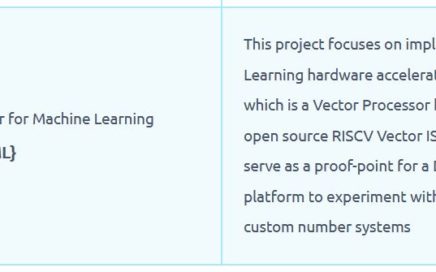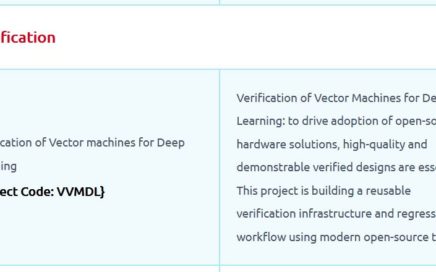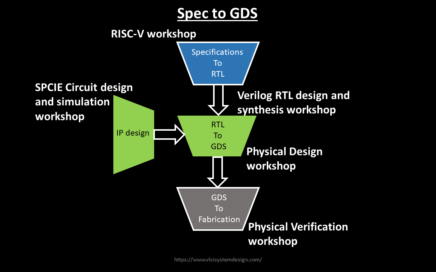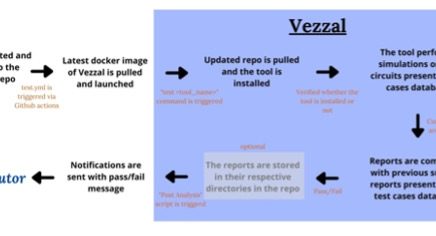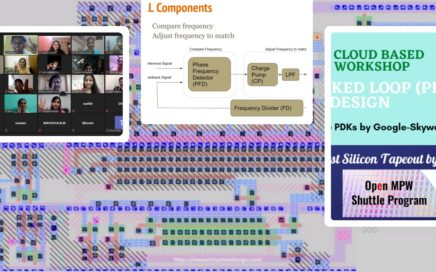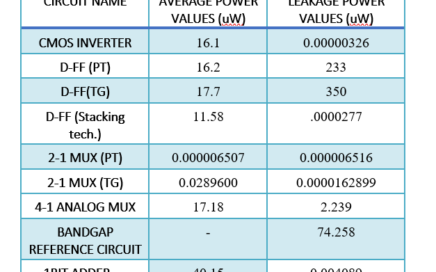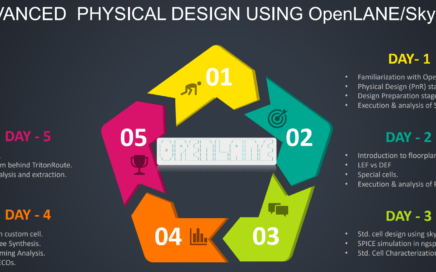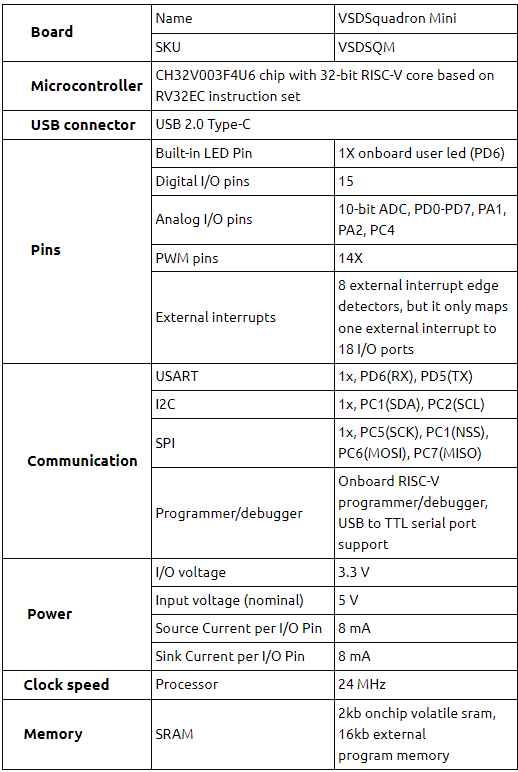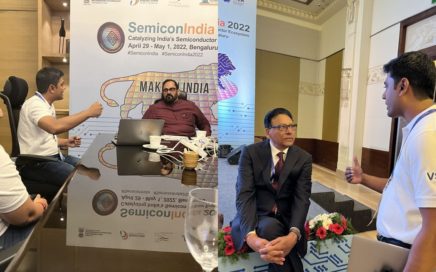
Successful VSD hackathon mantra – Trust, plan and execute !!
To provide a basic hands-on for design verification, which enhances practical verification knowledge. The verification challenge helps to understand the verification intent to detect bugs in designs, understand debugging and fix the buggy designs. It provides a practical exposure to real world design verification activities
The hackathon aims to generate skilled manpower in the domain of Design Verification, which will strengthen the quality of designs being manufactured. It reduces chip failure, improving the time to market cycle of Semiconductor products.
The Indian government initiative Chips to Startup (C2S) programme aims to propel innovation, build domestic capacities to ensure hardware sovereignty, and build a semiconductor ecosystem that requires 85,000+ highly trained engineers. Working towards this vision statement, we have planned the 3-Week “Capture the Bug” , a Design Verification Challenge.
This Hackathon is organized by NIELIT Calicut and technically facilitated by Vyoma Systems , VLSI System Design & IEEE Robotics and Automation Society and ably mentored by Indian Institute of Technology Madras (IIT Madras).
